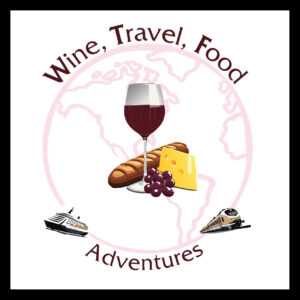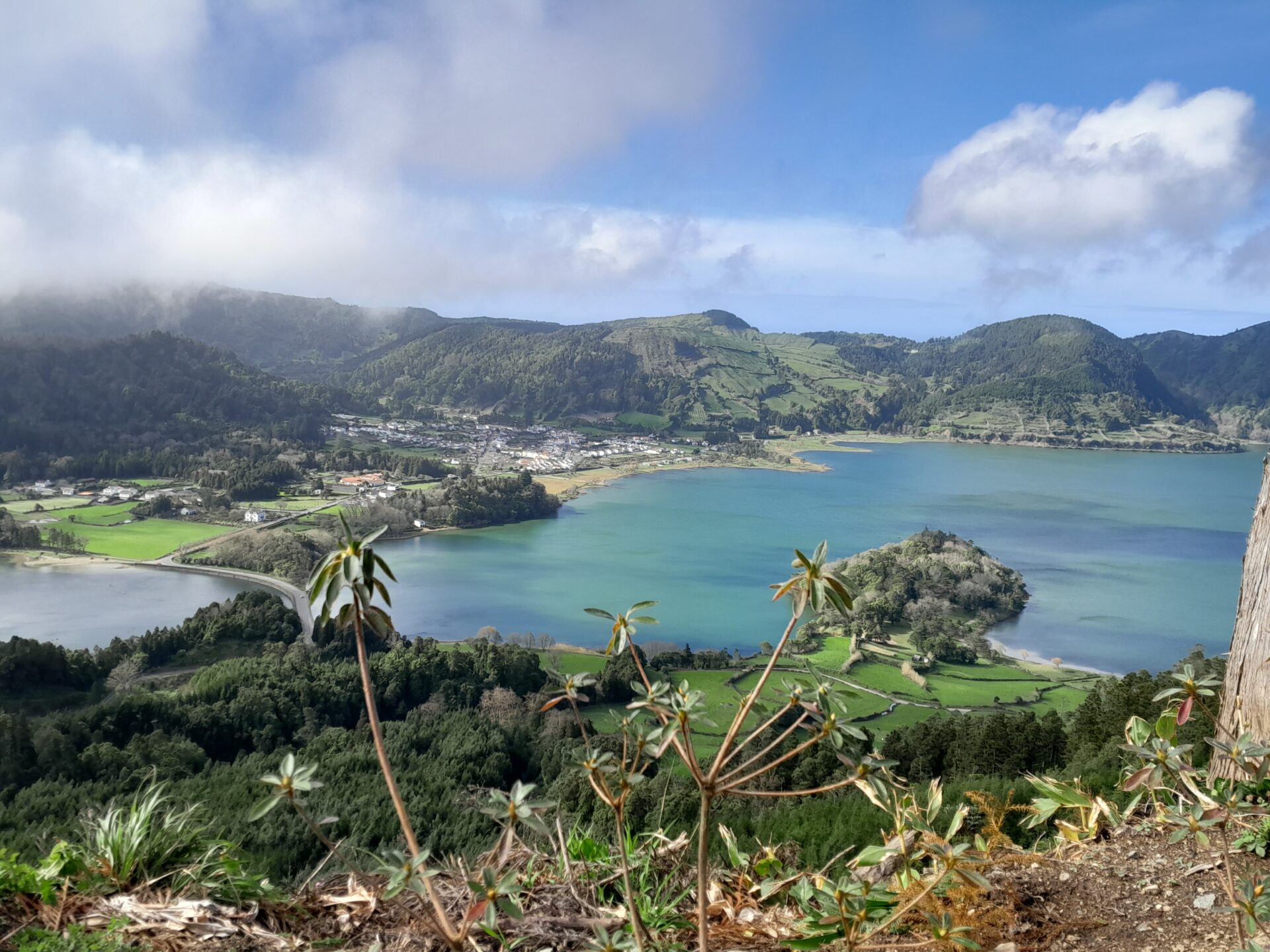Tips for Practicing Sustainable Travel by Charalotte Hardy, CTA
Hello Wine and Travel Friends,
There has recently been increased chatter about sustainable travel practices, especially in light of protests in large European cities this summer. International travel is more popular than ever, leading to overcrowding in many “bucket list” destinations. Over tourism is putting a strain on resources in popular destinations (water, housing, emergency services to name a few) and putting natural wonders and local heritage and culture at risk. As a Girl Scout leader, my troop spent many meetings discussing the importance of ‘Leave no Trace’ and ‘Leaving a place better than you found it.” So, naturally, the concept and practice of sustainable and responsible travel is near and dear to my heart. 
What is sustainable travel? Sustainable travel is about taking a mindful approach to tourism that seeks to protect and conserve the environment, the heritage and culture of the local community. Sustainable travel is about maximizing your travel experiences and minimize the negative impact of travel on the destination. Taking the time to fully experience a culture and not just checking destinations off a list.
Sustainable and responsible travel gives travelers the opportunity to have authentic cultural experiences. Fortunately, more people are choosing to travel more responsibly to protect the environment, nature, heritage and culture. Ensuring that the things that make a destination special will last for later generations to experience. 
To travel in a responsible and sustainable manner, means taking some time to consider our potential impact on the destination. Here’s a few things to consider when you’re planning your next travel adventure.
1 – Respect the local culture.
How we travel can make a big difference in the types of interactions we have abroad. Taking time to do a little pre-travel research into the local customs and culture before you travel to the destination can save you some embarrassment and create good will.
Learning a few simple words and phrases in the local language can work wonders to improve interactions. Talk with the locals. They are happy to teach you about local history and their culture.

2- Support the locals.
Choose local small businesses. Choose accommodations that are environmentally conscious, have sustainability practices in place to support local businesses and the environment. You can’t beat the atmosphere and charm of a small, family owned, boutique (sometimes quirky) hotel. They are generally my favorite places to stay.
Tipping is always appreciated, even in countries where service providers are paid a livable wage. If you’ve had great service or a great meal, leave a small token of your appreciation. (Think of it as supporting the local economy and an act of good will.)
3- Respect nature. 
Leave no trace or preferably, leave a place better than you found it. Properly disposing of your trash and maybe even pick up trash that others carelessly toss on the ground.
Reduce waste by avoiding single use plastics. Recycle when you can. Pack reusable water bottles.
4- Reduce Your Carbon Footprint
Use public transportation, ride shares or walk when able instead of renting a car. Most European cities are very walk-able so I generally plan to walk everywhere when I travel. Plus, it offsets all of the extra calories that I eat.
Book non-stop flights when able and use airlines that have strong sustainability practices. I recommend choosing cruise lines and tour operators that have strong sustainability practices and eco-friendly hotels.
5- Travel in the off- season.
The peak travel time is generally the summer months of June-August, when everyone and their dog are traveling to the popular destinations. Shoulder season is April, May, September and October. Off-season is generally the winter months of November through March. The benefits of traveling in the off-season are
1.Less crowds! (less pick pockets, less protests with water guns)
2. Cheaper prices (who doesn’t love to save money?!)
6- Choose ‘Off the Beaten Path’ Destinations.
Desired destination too crowed? Travel advisories? Travel to the next best place. Consult your favorite Travel Advisor (hopefully, me) or take the time to do some research to find destinations that have a similar culture and heritage to the popular destination. Traveling to a destination off the beaten path will give the feel of your desired destination without the crowds. Discover new, exciting places before the crowds move in. Sounds like a ‘win-win’ situation!
Practicing sustainable travel habits may sound overwhelming at first. It’s really about adjusting old travel habits and being more intentional in (travel) choices. Don’t expect to change overnight. Take baby steps. Start small by bringing a reusable water bottle, avoid single use plastics and support the local economy. (Yes, buy stuff to bring home for loved ones!) Work up to making mindful choices about modes of travel, accommodations, which business you plan to support…like boutique, family owned vs International chains. Above all else, be respectful to the local people, their culture, historical places and, of course, respect nature.
Oh, and don’t forget to eat lots of great food, drink great wine and have fun!
Cheers!
Charalotte Hardy, CTA
Wine, Travel, Food Adventures
Europe Travel Specialist, Ocean and River Cruise Specialist,
Global Enotourism Specialist, WSET Level 2 Wine Specialist

